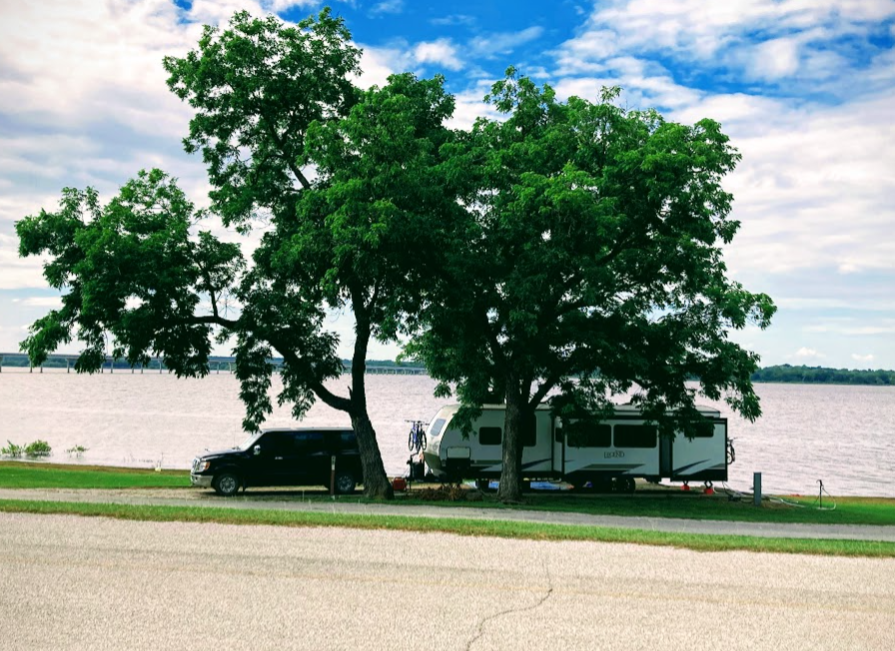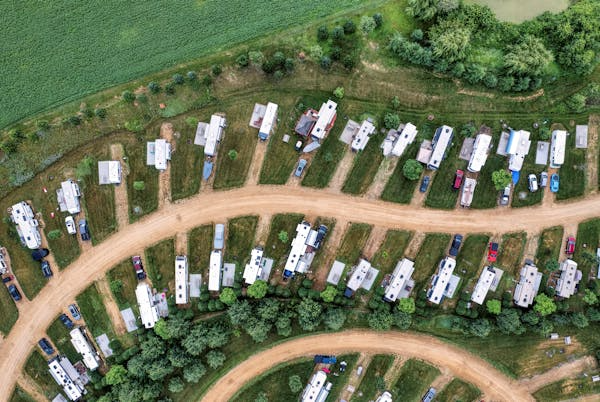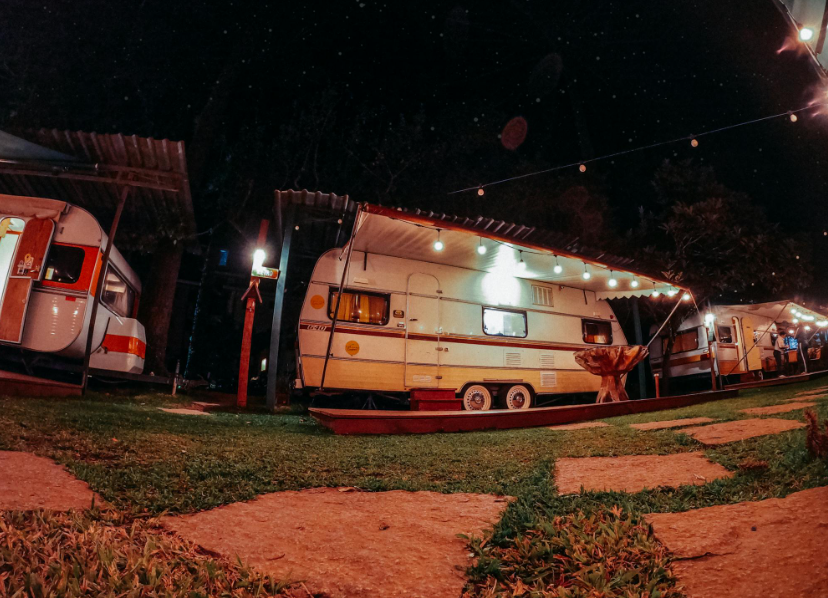9 Smart Tips for Storing Furniture in a Storage Unit Without Damage
When life gets hectic, storing furniture in a storage unit is the best solution for keeping your space organized and clutter-free. But let’s be real—your furniture is more than your “stuff.” It’s your cozy favorite couch, your grandma’s dining table, or that bookshelf you built yourself. To make sure those precious items stay safe and sound, a little prep work goes a long way.
The good news? Keeping your furniture in storage is simpler than you probably think.
With a bit of planning (which you’ve already nailed by being here) and some tried-and-true tips, you can store your furniture like a pro.
To make things easier for you, we’ve gathered the top tips our customers swear by. So, read on to find the nine smartest strategies for stress-free furniture storage!
Find a Reliable Storage Unit
Sure, your basement or friend’s apartment might work for stashing a few smaller pieces of furniture while you’re in transition. But let’s be honest, it’s rarely the ideal solution, and it’s definitely not stress-free.
That’s why a dedicated storage unit is often the smarter, more secure option.
Here’s the thing: you want to know your furniture is safe so you can relax and stop worrying about it altogether.
A reliable storage provider gives you that peace of mind—especially when it comes to long-term storage for those items that hold sentimental or monetary value.
If you don’t already have recommendations from friends, Google’s got your back. Just search for “storage units near me,” check out the companies in your area, and do a little homework on their websites. Look for features like easy access, drive-up units, double-door entry, wide aisles, lifts, or ground-floor units with loading bays.

Decide How Much Space You’ll Need
Choosing the right size storage unit is a crucial step when preparing to store furniture. After all, you don’t want to cram everything in and risk damage, right?
Take the time to determine how much space you’ll need to ensure your furniture stays safe and well-organized. To make this easier, we’ve created a handy size guide that breaks down common unit sizes and offers tips for selecting the perfect one. It includes the size of storage units in square feet, the average cost per unit, and an estimate of what can fit in each one. This way, you’ll have a clear picture of the space you need and what it might cost.
Arrange Transport for Your Furniture
Now that you’ve found your storage unit, it’s time to tackle the next important step: arranging transport.
If you’re moving more than just a few pieces, you’ll probably need a van. You’ll likely need some extra hands on deck to help load everything safely into the unit.
If the idea of multiple car trips or heavy lifting sounds overwhelming (or risky for larger items), consider hiring a professional moving service. They’ll save you time, energy, and potential mishaps. Take your time, plan ahead, and make smart choices!
Clean Furniture Items Prior to Putting Them in Storage
This step might seem trivial but trust us—it’s more important than you think. Imagine opening your storage unit only to find your furniture ruined by something as simple as stains, food crumbs, or dampness. Ugh, the worst, right?
That’s why we’re here to give you a friendly reminder: clean your furniture thoroughly before storing it.
It will make your life so much easier later when it’s time to unload your unit and use your stuff again. But also, it will save you from mold, mildew, and a potential pest invasion! Here’s how to prevent all that trouble:
- Wooden furniture: Clean it with warm, soapy water, then let it dry completely. Apply furniture wax to keep it moisturized and in great condition;
- Fabric upholstery: Use an upholstery cleaner to freshen it up. Make sure it’s completely dry before storing to avoid mold or mildew;
- Silver or metal objects: Polish them before storing to minimize tarnish caused by oxidation.
Remember that a little effort today will save you a lot of hassle (and headache) later!

Confirm the Space Is Secure to Store Furniture
Beyond taking steps to protect your furniture, it’s worth checking if your storage facility offers climate-controlled units. These are a game-changer for preserving delicate or valuable pieces, as they protect against damage caused by extreme temperatures or fluctuating humidity levels.
Both intense heat and freezing cold can cause wood to warp, crack, or shrink and even lead to materials like plastic or adhesives melting or breaking down. On another hand, high humidity encourages mold and mildew growth on mattresses, upholstery, and wood, potentially leading to rot or swelling.
Now you see why renting a climate-controlled unit would be an ideal case scenario for your furniture. These units maintain a consistent temperature between 55°F and 80°F, helping keep the storage space in optimal conditions.
If you’re storing furniture long-term, this added protection is well worth the investment.
Make Your Furniture Easier to Store
If you can disassemble any of your furniture to make transportation and storage easier, definitely do it. It might seem like extra work, but trust us, it’s worth it for the added benefits and space-saving benefits.
Items like bookcases, beds, or desks are all prime candidates for disassembly.
To stay extra organized and avoid the frustration of reassembling later, keep all screws and small parts in a plastic bag, then tape it securely to the corresponding piece of furniture.
Bonus tip: jot down some simple notes or draw arrows in pencil on the furniture or a separate piece of paper to remind yourself how everything fits back together.
Wrap Your Furniture
After all the prep work and disassembling, it’s time to wrap your furniture the right way.
Use bubble wrap for delicate pieces like glass tabletops or mirrors. When it comes to larger items, grab some dust sheets (like the ones you’d use for painting) or repurpose old bedsheets and duvet covers. These will keep the dust at bay while still allowing air circulation.
Just a heads up—avoid plastic coverings. They might seem like a good idea, but they can trap moisture, leading to mold and mildew. So stick with breathable options for that extra layer of security.
Keep Your Furniture Off the Ground
If you want to be extra cautious, keeping your furniture off the ground is a smart move.
Before you start loading everything up your storage unit, lay down something protective on the floor—like a tarp, cardboard, or even some pallets if you have them. This helps keep your furniture safe from any potential water damage, dirt, or pests.

Organize and Place Furniture Strategically and Carefully
The final step is organizing and placing your furniture in the storage unit. This is where a little strategic thinking goes a long way if you want to maximize your storage space.
For large items like mattresses and sofas, storing them vertically along the edges works wonders. Not only does it save space, but also keeps the heavier items at the center, where they’re less likely to get damaged.
Similarly, store paintings and mirrors vertically to avoid any risk of them getting bent or scratched.
If you anticipate needing to access some belongings before others, try placing them closer to the door for easy retrieval.
FAQ: Storing Furniture in Storage Unit
What Do You Cover a Couch With for Storage?
For storing a couch, use a breathable cover like a furniture slipcover, moving blanket, or an old bedsheet. This will protect it from dust and dirt while allowing airflow to prevent mold or mildew.
Is It Ok to Wrap Furniture in Plastic for Storage?
While plastic might seem like a good option, it’s generally not the best option for long-term storage. It can trap moisture, which can lead to mold, mildew, or condensation buildup.
How Do You Wrap Furniture in Long-Term Storage?
Use breathable covers like moving blankets or soft sheets to wrap your pieces. For extra protection, wrap delicate items (like mirrors or table tops) in bubble wrap. Secure everything with packing tape, but avoid wrapping it too tightly, as airflow is essential.
How Do I Protect My Couch While in Storage?
To protect your couch while in storage, make sure you clean it thoroughly to remove any stains or dirt. Then, cover it with a breathable fabric to allow airflow. If your coach has cushions, store them separately, if possible, to keep them from getting squished.
How Long Can You Keep Furniture in Storage?
You can keep your furniture in storage for as long as needed—there’s no strict time limit. The condition of your furniture over time depends entirely on how well it’s stored.
Final Thoughts
Storing your furniture doesn’t have to be overwhelming or stressful. With a little planning and these nine tips in your back pocket, you’re already on the right track to keeping your cherished items safe.
The key to success lies in choosing the right storage unit provider. If you still don’t have a provider of choice, My Storage Box might just be the perfect fit. We offer easy, secure, and waterproof storage units with 24/7 access, gated entry, and video surveillance. Plus, our clean, well-maintained environment ensures your items are kept in the best condition.
Get in touch with us at (580) 300-3006—we’re here for all your questions!












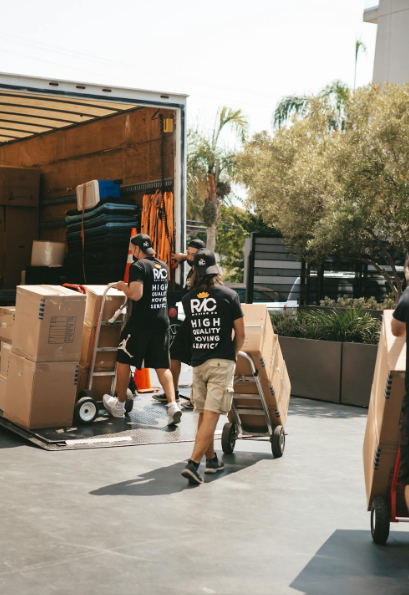








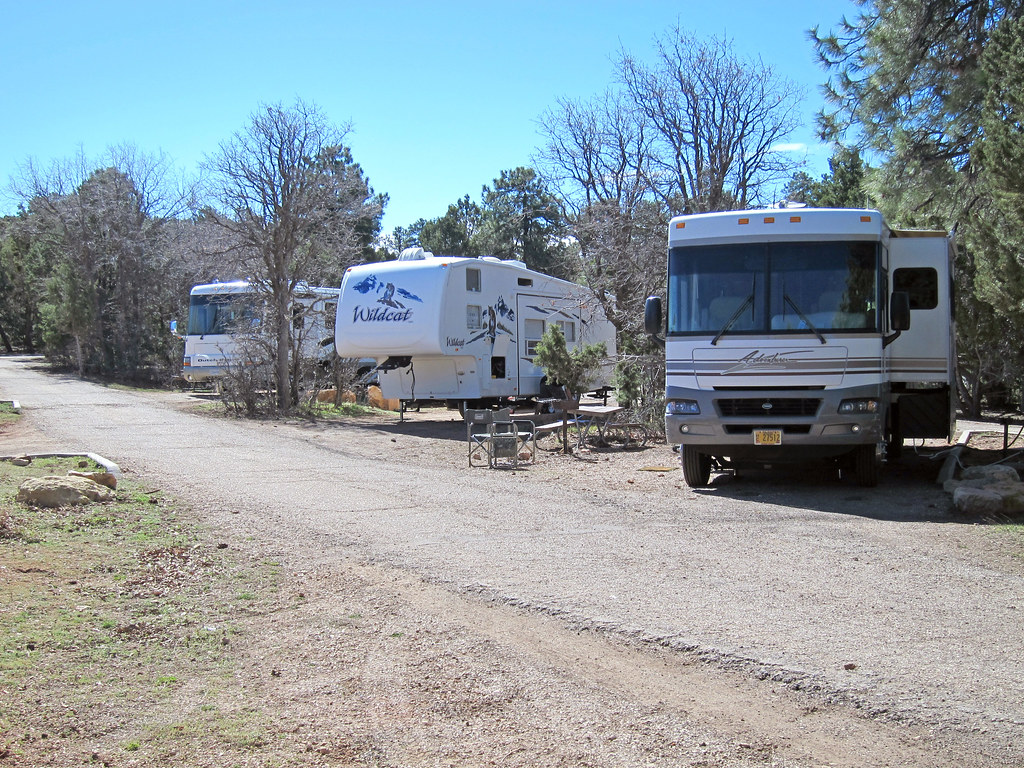
 ).
).